Home>Garden Essentials>What Does A Lawn Care Specialist Do


Garden Essentials
What Does A Lawn Care Specialist Do
Modified: September 2, 2024
A garden lawn care specialist is responsible for maintaining and beautifying gardens by providing services such as mowing, fertilizing, and weed control.
(Many of the links in this article redirect to a specific reviewed product. Your purchase of these products through affiliate links helps to generate commission for Storables.com, at no extra cost. Learn more)
Introduction
A lawn care specialist is a professional who specializes in the maintenance and care of lawns and gardens. With a deep understanding of plants, soil, and landscaping techniques, these experts are equipped with the knowledge and skills to transform ordinary yards into stunning outdoor spaces. A lawn care specialist’s primary objective is to ensure that lawns and gardens are healthy, well-maintained, and aesthetically pleasing.
In addition to their expertise in horticulture, these specialists also possess strong problem-solving and customer service skills. They work closely with homeowners or property managers to understand their specific needs and preferences, and then develop and implement customized lawn care plans. Whether you’re looking to create a lush green lawn, control pests and weeds, or install an irrigation system, a lawn care specialist is your go-to professional.
In this article, we will delve into the job description, responsibilities, skills, and qualifications of a lawn care specialist. We will also explore the salary and job outlook for this profession, as well as the importance of hiring a specialist for your lawn care needs. So, let’s jump right in and discover the fascinating world of lawn care!
Key Takeaways:
- Lawn care specialists are experts in maintaining healthy and beautiful lawns and gardens. They use their knowledge of plants, pests, and irrigation to create stunning outdoor spaces for homeowners and businesses.
- To excel as a lawn care specialist, one needs a combination of technical skills, plant knowledge, problem-solving abilities, and excellent customer service. Their dedication ensures that lawns thrive and provide enjoyment for all.
Read more: What Does RGS Do For Lawns
Job Description
A lawn care specialist is responsible for the overall maintenance and care of lawns and gardens. They have a deep understanding of plant life, soil conditions, and the various techniques required to ensure the healthy growth of plants. These professionals work with a wide range of clients, including homeowners, commercial property owners, and public institutions.
One of the key roles of a lawn care specialist is to analyze and assess the condition of a lawn or garden. They conduct thorough inspections to identify issues such as pests, weeds, soil deficiencies, and diseases that may be affecting the health and appearance of the landscape. Based on their assessment, they develop and implement a customized plan to address these issues and improve the overall condition of the lawn.
Lawn care specialists are knowledgeable in various aspects of lawn maintenance. They possess the expertise to mow lawns, trim hedges and shrubs, and prune trees to enhance the visual appeal of the landscape. They are also familiar with the proper techniques for aeration, seeding, and fertilization of the lawn to promote healthy growth.
In addition to regular lawn maintenance, these specialists are skilled in pest control. They can identify and eliminate common lawn pests such as grubs, ants, and moles that can cause damage to the lawn and plants. They may use organic or chemical treatments to effectively control pest infestations and prevent further damage.
Furthermore, lawn care specialists are well-versed in weed control. They can identify different types of weeds and implement strategies to eradicate them. This may include manual removal, herbicide applications, or the use of landscape fabric to suppress weed growth.
Another important aspect of a lawn care specialist’s job is the installation and repair of irrigation systems. They have the knowledge and skills to design and install efficient irrigation systems that deliver the right amount of water to the lawn and plants. They also handle repairs and maintenance of existing irrigation systems to ensure their proper functioning.
Customer service is a crucial component of a lawn care specialist’s job. They work closely with clients to understand their specific requirements and preferences. They provide ongoing communication and guidance, addressing any concerns or questions the client may have. They strive to deliver high-quality service and achieve customer satisfaction.
Overall, a lawn care specialist plays a vital role in maintaining and enhancing the beauty and health of lawns and gardens. Their expertise and dedication ensure that landscapes thrive, providing enjoyment and visual appeal to property owners and visitors alike.
Responsibilities
A lawn care specialist is responsible for a wide range of tasks related to the maintenance and care of lawns and gardens. These tasks may vary depending on the specific needs of clients and the geographical location. Here are some common responsibilities of a lawn care specialist:
- Assessing and analyzing the condition of lawns and gardens to identify issues such as pests, weeds, diseases, and soil deficiencies.
- Developing customized lawn care plans based on the specific needs and preferences of clients.
- Mowing lawns, trimming hedges and shrubs, and pruning trees to maintain a neat and aesthetically pleasing landscape.
- Aerating and seeding lawns to promote healthy growth and fill in bare patches.
- Applying fertilizers and nutrients to nourish the soil and plants.
- Implementing strategies for pest control, such as identifying and eliminating common lawn pests or using insecticides.
- Controlling and eradicating weeds using manual removal, herbicide applications, or landscape fabric.
- Designing and installing irrigation systems to ensure proper hydration of the lawn and plants.
- Repairing and maintaining irrigation systems to ensure their efficient and effective functioning.
- Providing ongoing communication and guidance to clients, addressing their concerns and answering any questions.
- Keeping up-to-date with the latest advancements and trends in the field of lawn care.
- Ensuring compliance with local regulations and environmental guidelines.
- Maintaining records and documenting the progress of lawn care activities.
- Working safely and following proper protocols to prevent accidents or injuries.
These responsibilities require a combination of technical skills, knowledge of plant life, problem-solving abilities, and excellent customer service. A lawn care specialist must be able to assess and adapt their approach to different situations, ensuring the best solutions are implemented for each unique lawn or garden.
Lawn Maintenance
Lawn maintenance is a vital aspect of a lawn care specialist’s responsibilities. Maintaining a healthy and beautiful lawn requires regular attention and proper care. Here are some key aspects of lawn maintenance that a specialist focuses on:
- Mowing: Lawn care specialists are skilled in properly mowing lawns to maintain an optimal height and promote healthy growth. They use professional-grade equipment and adjust the cutting height depending on the season and grass type.
- Trimming and Edging: To create a clean and polished look, specialists trim hedges and shrubs, and edge along sidewalks and flower beds. This helps define the boundaries of the lawn and prevents grass from encroaching into unwanted areas.
- Aeration: Lawn aeration involves creating small holes in the soil to alleviate compaction and promote better air and water circulation to the roots. This process improves nutrient absorption and encourages healthy root growth.
- Seeding: If a lawn has thin or bare spots, specialists may recommend overseeding. This involves spreading new grass seeds over the existing lawn to fill in gaps and improve overall density.
- Fertilization: Applying fertilizers at the right time and in the right amounts is crucial for lawn health. Specialists are knowledgeable about different types of fertilizers and their appropriate application to ensure the lawn receives the necessary nutrients.
- Weed Control: Lawn care specialists implement strategies to control and prevent weeds. This may include manual removal, herbicide applications, or the use of landscape fabric to suppress weed growth.
- Dealing with Lawn Diseases: Lawn diseases can negatively impact the health and appearance of the grass. Specialists are trained to identify common lawn diseases and determine the appropriate treatment to prevent further damage.
- Seasonal Maintenance: Different seasons bring different challenges for lawn care. Specialists understand the specific needs of lawns during each season and adjust their maintenance practices accordingly. This may include adjusting watering schedules, applying appropriate treatments, and preparing the lawn for seasonal changes.
By focusing on these aspects of lawn maintenance, a lawn care specialist ensures that lawns are healthy, vibrant, and visually appealing. Regular maintenance helps create an inviting outdoor space that enhances the overall beauty of a property.
Pest Control
Pest control is an important aspect of lawn care, as lawn pests can cause significant damage to the health and appearance of the landscape. A lawn care specialist is trained in pest identification, prevention, and elimination. Here are some key elements of pest control in lawn care:
- Pest Identification: A lawn care specialist is skilled at identifying different types of lawn pests, including insects, rodents, and other critters. By understanding the specific pests that are present, they can devise appropriate strategies for control.
- Integrated Pest Management (IPM): Specialists employ an integrated approach to pest control, which relies on a combination of techniques such as biological control, cultural practices, and targeted pesticide applications. This approach minimizes the use of chemicals and focuses on long-term pest management.
- Pest Prevention: A specialist takes proactive measures to prevent pest infestations. This includes implementing cultural practices that discourage pests, such as proper mowing heights, removing debris that can serve as breeding grounds, and promoting a healthy lawn through proper maintenance.
- Pesticide Applications: In cases where pests become a significant threat to the lawn, specialists may recommend targeted pesticide applications. They carefully select the appropriate pesticides, ensuring they are safe for the environment, humans, and other beneficial organisms.
- Organic Pest Control: Many lawn care specialists are knowledgeable in organic pest control methods. They use environmentally friendly products and techniques to control pests without the use of synthetic chemicals.
- Monitoring and Follow-up: Pest control is an ongoing process. Specialists monitor the effectiveness of their pest control strategies and make adjustments as needed. They also provide follow-up treatments to ensure long-term pest management.
- Education and Communication: Specialists educate homeowners on the importance of pest control and provide information on how to prevent future infestations. They communicate with clients, keeping them informed about pest-related issues and offering recommendations for maintaining a pest-free lawn.
By addressing pest problems effectively and responsibly, lawn care specialists help maintain a healthy and thriving lawn. Their expertise in pest control ensures that pests are kept at bay, allowing the landscape to flourish and providing homeowners with a beautiful outdoor environment.
Read more: What Does Potash Do For Lawns
Fertilization and Weed Control
Fertilization and weed control are essential components of lawn care that contribute to the overall health and appearance of a lawn. A lawn care specialist understands the importance of providing the right nutrients to promote healthy growth and the need to prevent and eliminate weeds that can hinder the lawn’s vitality. Let’s explore these aspects in more detail:
- Fertilization: Lawn care specialists are knowledgeable about the nutrients required for optimal lawn growth. They analyze the soil’s nutrient content and pH levels to determine the specific fertilizer needs of the lawn. By using the right fertilizers in appropriate quantities, they ensure that the grass receives the necessary nutrients to thrive.
- Timing: Specialists understand the timing and frequency of fertilizer applications. They consider factors such as the grass type, climate, and seasonal requirements to determine the best schedule for fertilization. This ensures that the nutrients are applied when the grass can effectively absorb them.
- Slow-Release Fertilizers: To provide a steady supply of nutrients to the lawn over an extended period, specialists often opt for slow-release fertilizers. These fertilizers break down gradually, releasing nutrients consistently and reducing the risk of nutrient runoff.
- Weed Identification: Lawn care specialists are skilled at identifying different types of weeds and understanding their growth patterns. They can differentiate between grassy weeds and broadleaf weeds and determine the appropriate control methods.
- Weed Prevention: Through proper cultural practices such as regular mowing, proper watering, and adequate fertilization, specialists help prevent weed growth. By creating optimal growing conditions for the grass, they minimize the opportunities for weeds to take root and flourish.
- Weed Control Methods: Specialists employ various methods to control weeds. This includes manual weed removal, spot treatments using herbicides, and the use of pre-emergent herbicides to prevent weed seeds from germinating. They choose weed control products that are effective while minimizing harm to the surrounding environment.
- Integrated Approach: Lawn care specialists often use an integrated approach to weed control that combines cultural practices, targeted herbicide applications, and regular maintenance. This approach helps maintain a healthy lawn while minimizing the impact on beneficial plants and organisms.
- Regular Inspections: To stay proactive in weed and fertilization management, specialists conduct regular inspections of the lawn. They identify areas where weeds are more prevalent and adjust their approaches accordingly, ensuring that the lawn remains healthy and weed-free.
By implementing proper fertilization techniques and employing effective weed control strategies, lawn care specialists help maintain a vibrant and weed-free lawn. Their expertise ensures that the grass receives the nutrients it needs while keeping invasive weeds at bay, resulting in a visually appealing and healthy landscape.
Irrigation System Installation and Repair
An irrigation system plays a crucial role in maintaining the health and vitality of a lawn. It ensures that the grass and plants receive adequate water, even during dry spells. A lawn care specialist is trained in the installation, repair, and maintenance of irrigation systems. Let’s explore this aspect in more detail:
- Irrigation System Design: Specialists have the knowledge and expertise to design efficient irrigation systems based on the specific needs of the lawn. They consider factors such as the size of the lawn, the types of plants present, and local water regulations to create a system that optimally delivers water to the landscape.
- Installation: Lawn care specialists are skilled in the installation of irrigation systems. They carefully plan and execute the installation process, ensuring that the sprinklers are positioned correctly and the system is connected to a reliable water source. Proper installation is crucial to ensure efficient water distribution throughout the lawn.
- Repair and Maintenance: Over time, irrigation systems may develop issues such as clogged sprinkler heads, leaks, or faulty valves. Specialists are proficient in diagnosing and repairing these problems. They possess the technical skills and tools necessary for efficient troubleshooting and maintenance of irrigation systems.
- System Calibration: Specialists ensure that the irrigation system is calibrated properly to deliver the right amount of water to the lawn and plants. They consider factors such as soil type, plant water requirements, and weather conditions to adjust the system’s timers and settings accordingly.
- Efficiency and Water Conservation: Lawn care specialists understand the importance of water conservation. They take measures to ensure that the irrigation system operates efficiently, avoiding water waste. This may include the use of water-efficient equipment, such as smart controllers or drip irrigation systems, and implementing a watering schedule that aligns with local water restrictions.
- Seasonal Adjustments: Specialists make seasonal adjustments to the irrigation system to accommodate changes in weather and plant water requirements. They modify watering schedules, adjust sprinkler heads, and monitor soil moisture levels to ensure the lawn receives the appropriate amount of water during different seasons.
- Maintenance Contracts: Some lawn care specialists offer ongoing maintenance contracts for irrigation systems. These contracts include routine inspections, repairs, and adjustments to ensure the system remains in optimal working condition throughout the year.
By installing and maintaining irrigation systems, lawn care specialists ensure that lawns receive the water they need to thrive. Effective irrigation helps prevent drought stress, promotes healthy growth, and enhances the overall beauty of the landscape.
A lawn care specialist is responsible for maintaining and improving the health and appearance of lawns. They may mow, fertilize, aerate, and treat for pests and diseases to keep the grass looking its best.
Customer Service
Customer service is a fundamental aspect of the job for a lawn care specialist. Providing exceptional customer service not only helps build a strong reputation for the specialist, but it also ensures client satisfaction and loyalty. Here are some key aspects of customer service in the lawn care industry:
- Communication: Effective communication is vital in understanding the needs and expectations of clients. A lawn care specialist communicates clearly and promptly, answering questions, providing updates, and addressing any concerns or issues that may arise.
- Listening and Understanding: Specialists actively listen to clients, taking the time to understand their preferences, concerns, and specific requirements. By truly understanding the client’s expectations, they can deliver a personalized and tailored lawn care program.
- Care and Respect: Lawn care specialists treat their clients’ properties with care, respect, and professionalism. They take precautions to ensure that the landscape and surrounding areas are not damaged during maintenance or project implementation.
- Timeliness: Punctuality is essential in the field of lawn care. Specialists show up on time and complete tasks in a timely manner. They understand the importance of adhering to schedules and strive to minimize disruption to the clients’ daily routines.
- Education and Guidance: A lawn care specialist acts as a trusted advisor to clients, offering expert knowledge and guidance. They educate clients on proper lawn care practices, provide recommendations, and offer solutions to specific lawn care challenges.
- Flexibility: Specialists understand that client needs can vary, and they are flexible in accommodating changes or adjustments to services. They are willing to adapt their approach and work closely with clients to ensure their satisfaction.
- Problem-Solving: When issues arise, lawn care specialists approach them with a problem-solving mindset. They proactively address problems, finding solutions and taking appropriate action to resolve any issues that may arise during the course of the client’s lawn care program.
- Follow-Up: Following up with clients after lawn care services have been provided shows dedication and commitment to their satisfaction. Specialists may ask for feedback or address any additional questions or concerns that may have arisen since the completion of the service.
- Building Relationships: Building strong and lasting relationships with clients is a priority for lawn care specialists. They strive to create a positive experience, exceed expectations, and establish trust and confidence in their abilities.
By prioritizing excellent customer service, lawn care specialists demonstrate their commitment to client satisfaction. They go above and beyond to provide a positive experience, creating long-term relationships built on trust and successful outcomes.
Qualifications
Being a lawn care specialist requires a combination of knowledge, skills, and qualifications. Here are some key qualifications that are typically sought after in this profession:
- Educational Background: While a formal degree is not always necessary, many employers prefer candidates with a high school diploma or GED equivalent. Some positions may require a degree or certification in horticulture, agronomy, or a related field.
- Experience: Practical experience in lawn care is highly valued in this profession. Whether gained through previous employment or hands-on experience, having a background in maintaining and caring for lawns is beneficial.
- Certifications: Obtaining professional certifications can enhance a lawn care specialist’s credentials. Some common certifications in the field include the National Association of Landscape Professionals (NALP) Lawn Care Technician Certification and the Irrigation Association Certified Irrigation Technician designation.
- Knowledge of Plants and Landscaping Techniques: A strong understanding of plants, their growth patterns, and landscaping techniques is essential. This includes knowledge of different grass types, soil conditions, pest control methods, fertilization techniques, and irrigation systems.
- Technical Skills: Lawn care specialists should be proficient in the use of lawn care equipment such as mowers, trimmers, and irrigation systems. They should also possess the ability to troubleshoot and repair faulty equipment.
- Attention to Detail: A keen eye for detail is crucial in lawn care. Specialists need to notice signs of pest infestations, identify different types of plants, and maintain a meticulous approach to lawn maintenance tasks.
- Physical Stamina: The job of a lawn care specialist can be physically demanding. Specialists should be in good physical condition and able to perform tasks such as lifting heavy equipment, operating machinery, and working outdoors for extended periods, in various weather conditions.
- Time Management: The ability to manage time effectively is critical in this profession. Specialists need to plan and complete tasks efficiently, adhere to schedules, and ensure that all necessary lawn care activities are performed within specified timeframes.
- Customer Service Skills: Exceptional customer service skills are a must. Specialists should possess good communication skills, the ability to listen and understand clients’ needs, and the capability to provide guidance and resolution to any concerns or issues that may arise.
- Problem-Solving Abilities: Lawn care specialists encounter a variety of challenges, from pest infestations to irrigation system malfunctions. The ability to analyze problems, think critically, and find effective solutions is vital in this profession.
While these qualifications provide a solid foundation for a successful career as a lawn care specialist, it is important to note that each employer may have their specific requirements and preferences. Additionally, continuing education and staying updated with the latest advancements in lawn care practices can further enhance a specialist’s qualifications and career prospects.
Read more: What Does Phosphate Do For Lawns
Education and Certification
While a formal education is not always required to become a lawn care specialist, acquiring certain qualifications and certifications can greatly enhance one’s knowledge and credibility in the field. Here are some educational paths and certifications that can contribute to a successful career as a lawn care specialist:
- High School Diploma or GED Equivalent: Most employers prefer candidates who have at least a high school diploma or GED. A solid basic education provides a foundation of knowledge and skills necessary for success in the field.
- Associate or Bachelor’s Degree: Pursuing a degree in horticulture, agriculture, landscape design, or a related field can provide a comprehensive understanding of plants, soil science, pest management, and landscape maintenance. These degrees often offer specialized coursework that directly applies to lawn care and can make applicants more competitive in the job market.
- Certification Programs: Several professional organizations offer certifications that validate an individual’s expertise in lawn care. These certifications often require candidates to pass an examination that assesses their knowledge and skills. Examples include the National Association of Landscape Professionals (NALP) Lawn Care Technician Certification and the Irrigation Association Certified Irrigation Technician designation.
- Continuing Education: Lawn care specialists should stay updated with the latest advancements and techniques in the industry. Attending seminars, workshops, and conferences related to lawn care and horticulture can provide valuable insights and help specialists stay ahead of industry trends.
- Apprenticeships and On-The-Job Training: Hands-on experience can be invaluable in learning the practical aspects of lawn care. Many specialists start their careers by working as apprentices or assistants to experienced professionals, gaining real-world knowledge and skills in lawn maintenance and management.
It’s important to note that requirements may vary depending on the specific employer and region. Some employers may prioritize relevant experience and practical skills over formal education, while others may value a combination of both. Researching the specific qualifications and certifications preferred in your area can help you tailor your educational journey and make you a strong candidate in the field of lawn care.
Ultimately, a commitment to continuous learning, a passion for the industry, and a dedication to providing excellent lawn care services will contribute to long-term success as a lawn care specialist, regardless of the specific educational path taken.
Skills and Abilities
A successful lawn care specialist possesses a variety of skills and abilities that contribute to their expertise in maintaining and caring for lawns and gardens. Here are some essential skills and abilities for a lawn care specialist:
- Plant Knowledge: Having a deep understanding of different types of grass, plants, and their specific requirements is crucial. This includes knowledge of plant identification, growth patterns, pest susceptibility, and proper care techniques.
- Technical Skills: Lawn care specialists should be skilled in operating and maintaining lawn care equipment such as mowers, trimmers, and irrigation systems. They should have the ability to troubleshoot equipment issues and perform minor repairs.
- Attention to Detail: A strong attention to detail allows specialists to notice small changes in the lawn and identify potential issues. They should be observant and meticulous in their work, ensuring that every aspect of the lawn receives proper care.
- Problem-Solving: Lawn care specialists encounter a variety of challenges, from pest infestations to irrigation system malfunctions. Having strong problem-solving abilities enables them to analyze issues, develop effective solutions, and make informed decisions.
- Physical Stamina: The job of a lawn care specialist can be physically demanding. They should have the physical stamina to perform tasks such as operating machinery, lifting heavy equipment, and working outdoors for extended periods in various weather conditions.
- Communication Skills: Effective communication is critical in understanding clients’ needs and providing the necessary guidance and recommendations. Lawn care specialists should have good interpersonal skills to build rapport with clients and effectively communicate complex information related to lawn care.
- Time Management: Managing time efficiently is essential in the field of lawn care. Specialists should be able to plan and organize their tasks effectively, ensuring that they complete all required activities within specified timeframes.
- Customer Service: Exceptional customer service skills are a must for lawn care specialists. They should have the ability to actively listen to clients, address their concerns, and provide solutions. Good customer service helps build trust and maintain positive relationships with clients.
- Flexibility: The ability to adapt to changing circumstances and client needs is crucial. Specialists should be flexible in adjusting their approach and accommodating changes to their lawn care plans to meet the specific requirements of each client.
- Environmental Awareness: Being environmentally conscious and knowledgeable about sustainable lawn care practices is important. Specialists should understand the impact of their work on the environment and strive to minimize negative effects by using eco-friendly products and techniques.
Developing and honing these skills and abilities through education, experience, and continuous learning will help lawn care specialists excel in their roles and provide exceptional service to their clients. By combining technical knowledge, practical skills, and a customer-oriented approach, specialists can ensure the health and beauty of the lawns they care for.
Salary and Job Outlook
When it comes to determining the salary of a lawn care specialist, several factors come into play, including location, level of experience, and the size and scope of the employer. Generally, the compensation for lawn care specialists can vary greatly.
The Bureau of Labor Statistics (BLS) does not provide specific salary data for lawn care specialists but includes them within the broader category of grounds maintenance workers. According to the BLS, the median annual wage for grounds maintenance workers was $31,330 as of May 2020. However, it’s important to note that this figure encompasses a range of positions within the field of grounds maintenance.
Lawn care specialists who work in residential or commercial settings may often earn a higher salary compared to those employed by landscaping companies or municipal entities. Additionally, specialists with advanced certifications, extensive experience, and a solid reputation in the industry may command higher wages.
In terms of job outlook, the demand for lawn care specialists is expected to remain steady. While some individuals may choose to perform their own lawn care, many homeowners and businesses prefer to hire professionals for their expertise and the convenience of outsourcing this task. Additionally, as landscaping trends continue to focus on sustainable practices and eco-friendly approaches, the need for knowledgeable lawn care specialists may see an increase.
Furthermore, as communities become more environmentally conscious and regulations concerning water usage and pesticide applications become stricter, the skills and knowledge of lawn care specialists in sustainable lawn maintenance will become even more valuable.
Overall, the job outlook for lawn care specialists is expected to remain favorable. By staying abreast of industry trends, obtaining relevant certifications, and providing exceptional customer service, lawn care specialists can position themselves for a successful and rewarding career in this field.
Conclusion
A lawn care specialist is a skilled professional who plays a vital role in maintaining the health and beauty of lawns and gardens. Through their expertise in plant care, pest management, irrigation systems, and customer service, they ensure that landscapes thrive and bring joy to homeowners and property owners alike.
In this article, we explored the job description and responsibilities of a lawn care specialist. We discussed the various aspects of their work, including lawn maintenance, pest control, fertilization, weed control, irrigation system installation and repair, and customer service. We also highlighted the importance of qualifications, education, and certifications necessary to excel in this field.
A successful lawn care specialist possesses a combination of technical skills, knowledge of plants and landscaping techniques, problem-solving abilities, and strong customer service skills. They understand the unique needs of each lawn and are dedicated to providing tailored solutions that result in healthy and vibrant landscapes.
The job outlook for lawn care specialists is positive, as the demand for their expertise continues to grow. Homeowners and businesses rely on their services to maintain attractive and well-maintained lawns, while also adhering to sustainable practices and regulations.
Whether it’s mowing lawns, controlling pests and weeds, installing irrigation systems, or providing exceptional customer service, lawn care specialists have a significant impact on the overall aesthetic appeal and value of properties. Their dedication, knowledge, and skills ensure that lawns and gardens flourish, providing an inviting outdoor space for everyone to enjoy.
So, whether you’re a homeowner in need of professional lawn care services or an aspiring lawn care specialist looking to make a mark in the industry, understanding the importance of this profession and the expertise required is key. With their passion for plants, commitment to customer satisfaction, and knack for a well-manicured lawn, lawn care specialists truly bring life, beauty, and serenity to the landscapes they care for.
Frequently Asked Questions about What Does A Lawn Care Specialist Do
Was this page helpful?
At Storables.com, we guarantee accurate and reliable information. Our content, validated by Expert Board Contributors, is crafted following stringent Editorial Policies. We're committed to providing you with well-researched, expert-backed insights for all your informational needs.

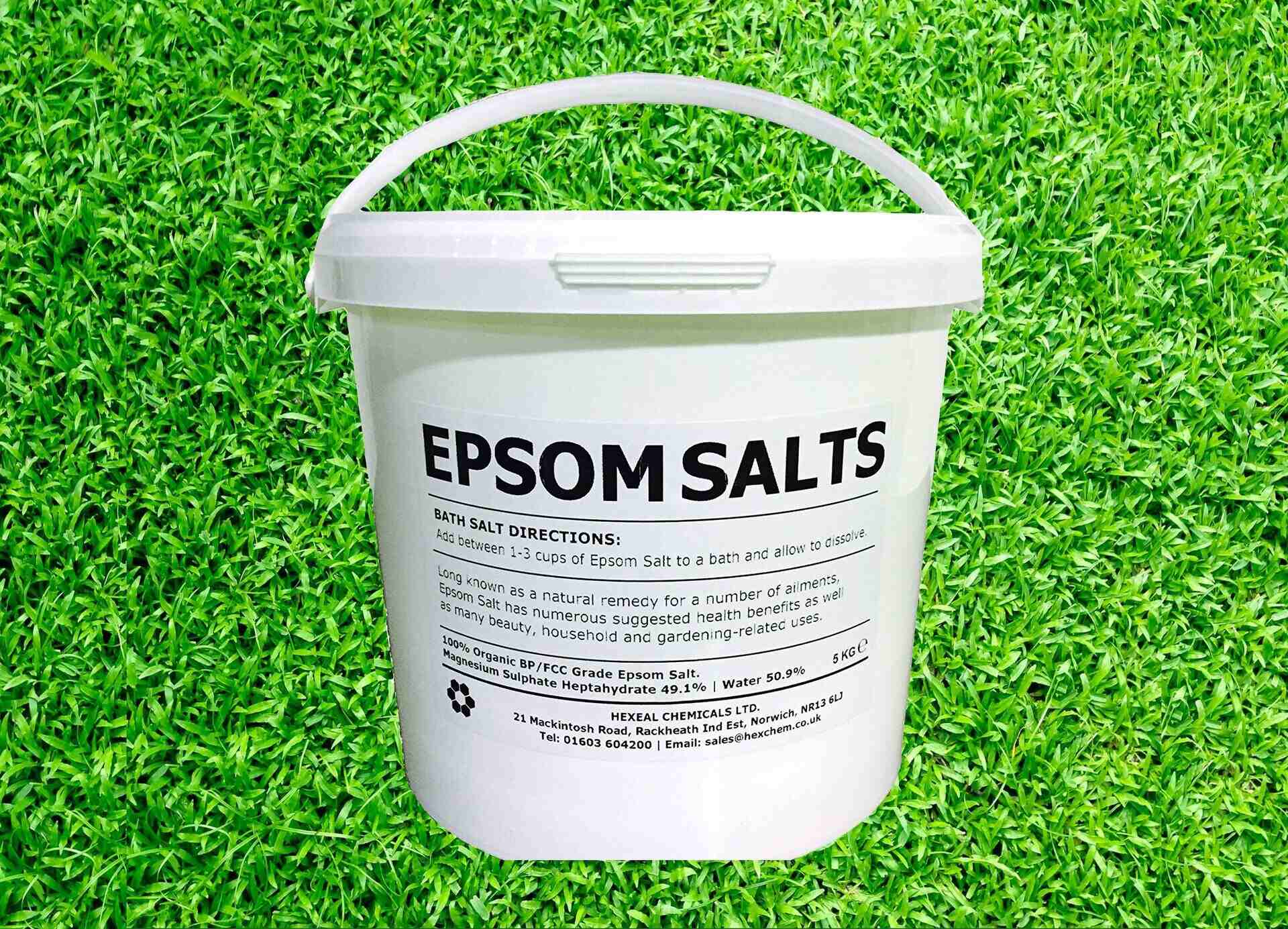
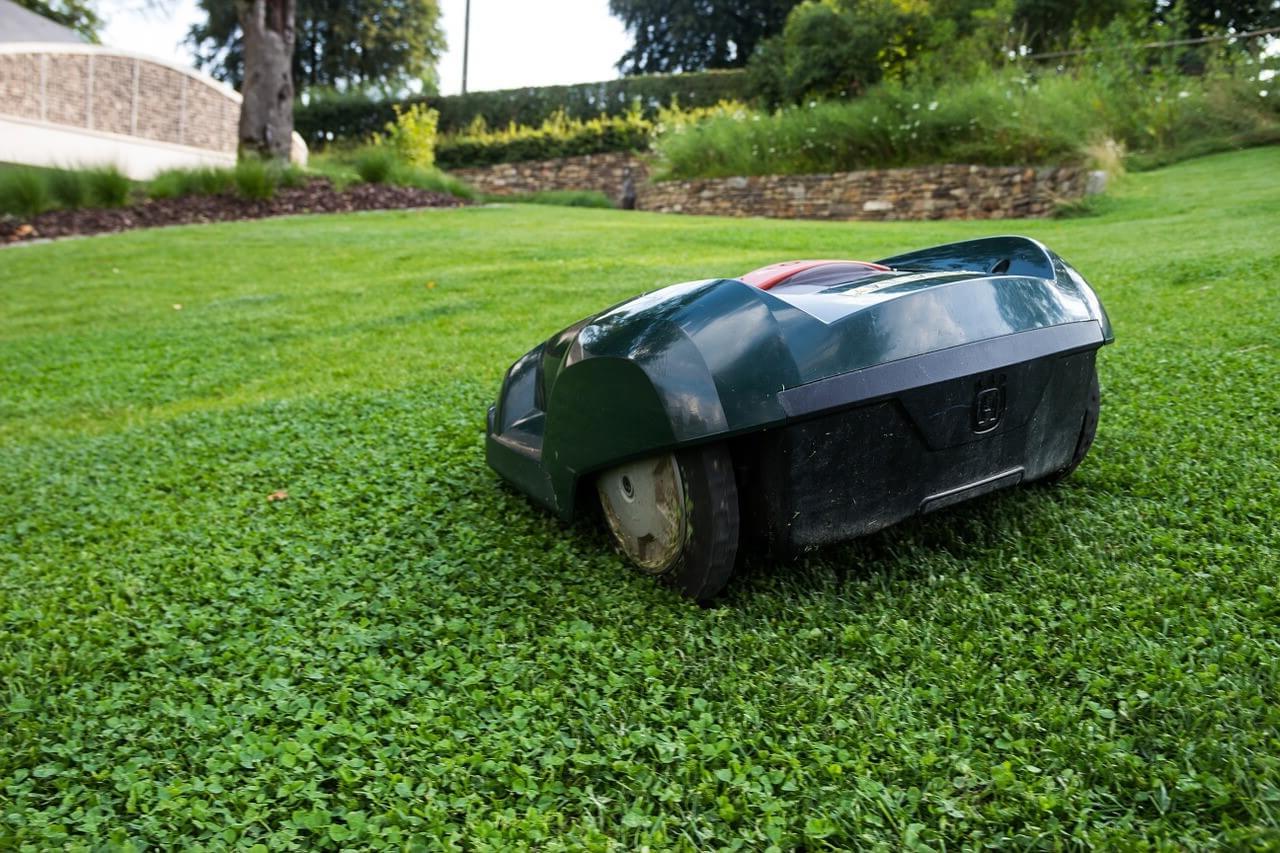

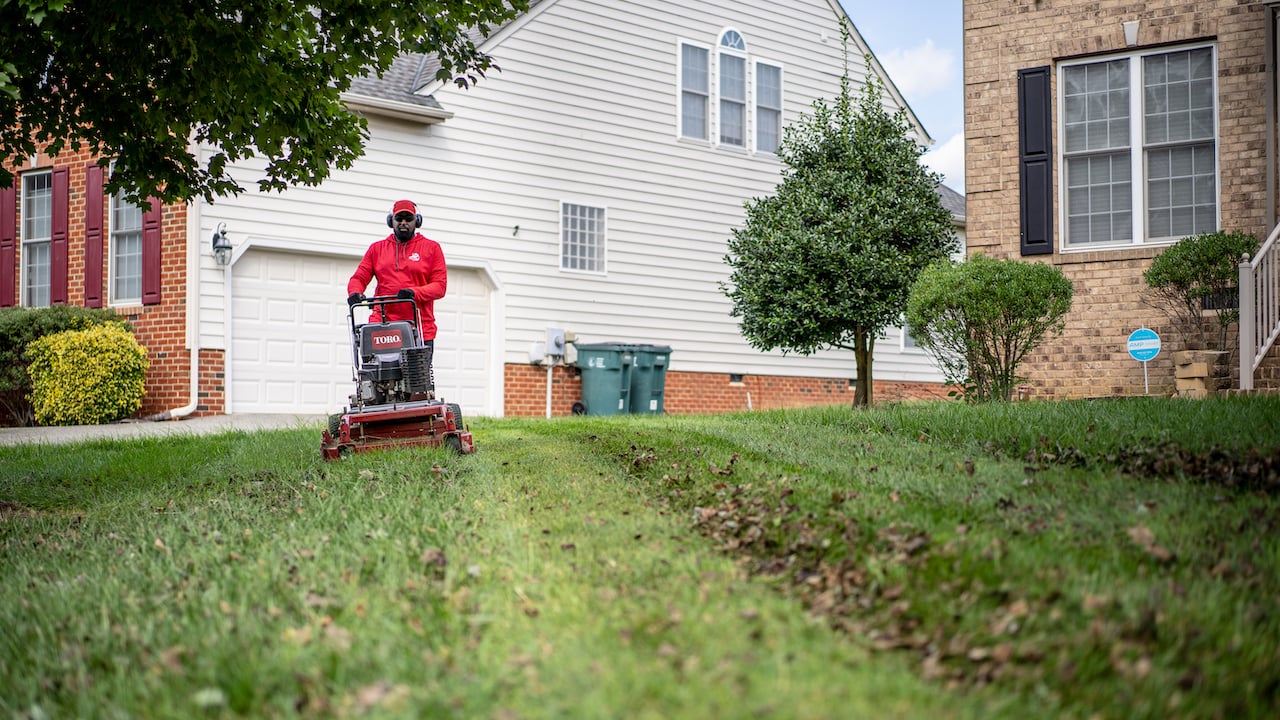


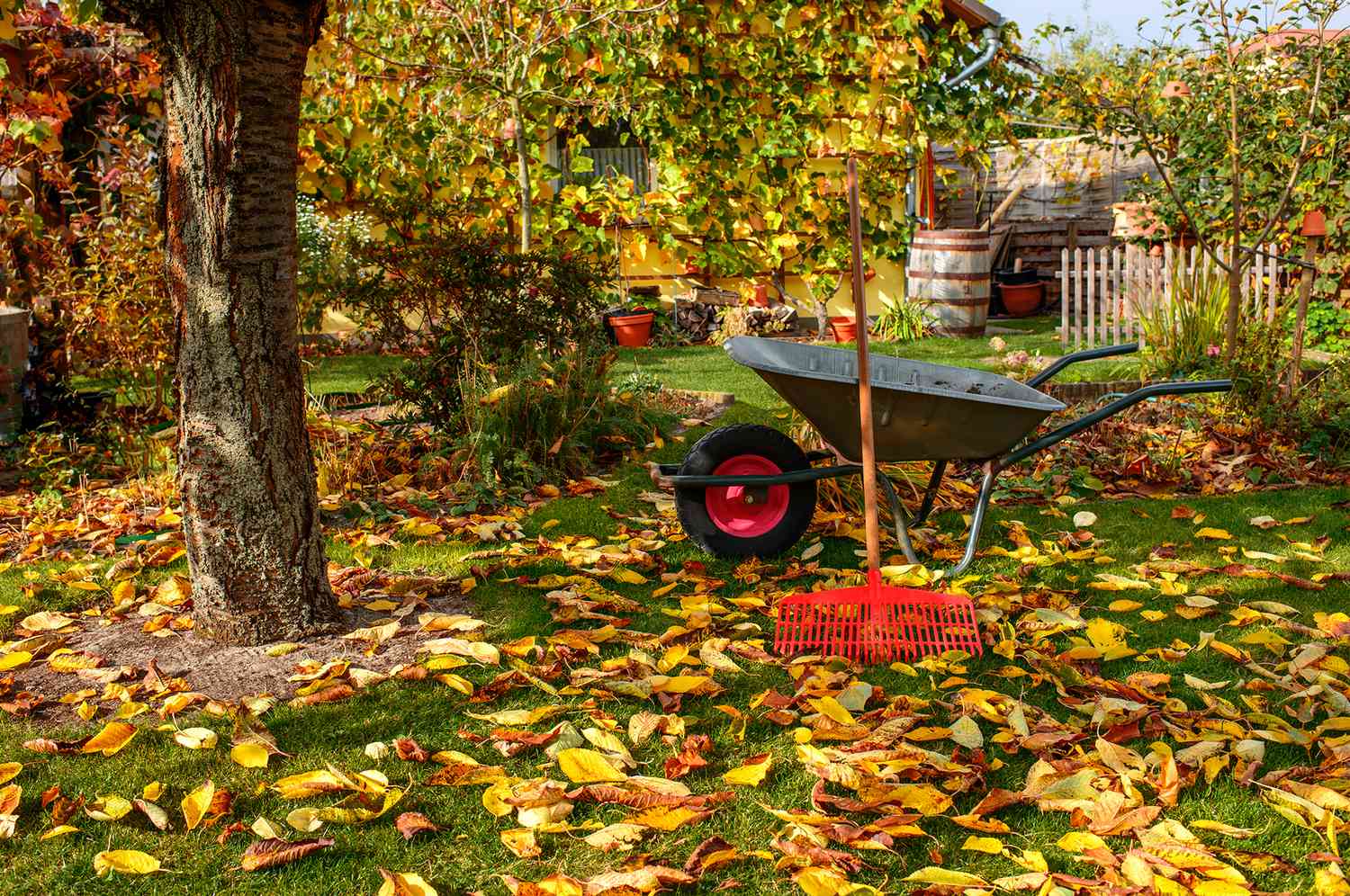
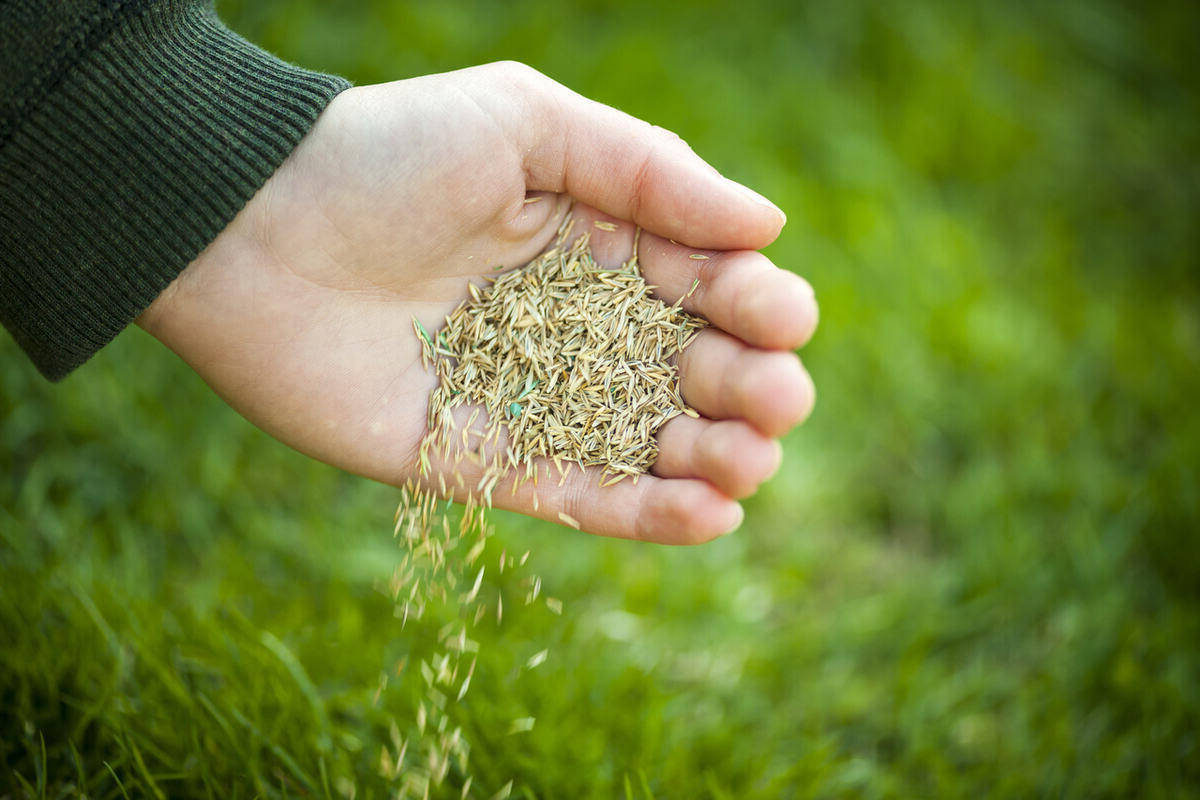
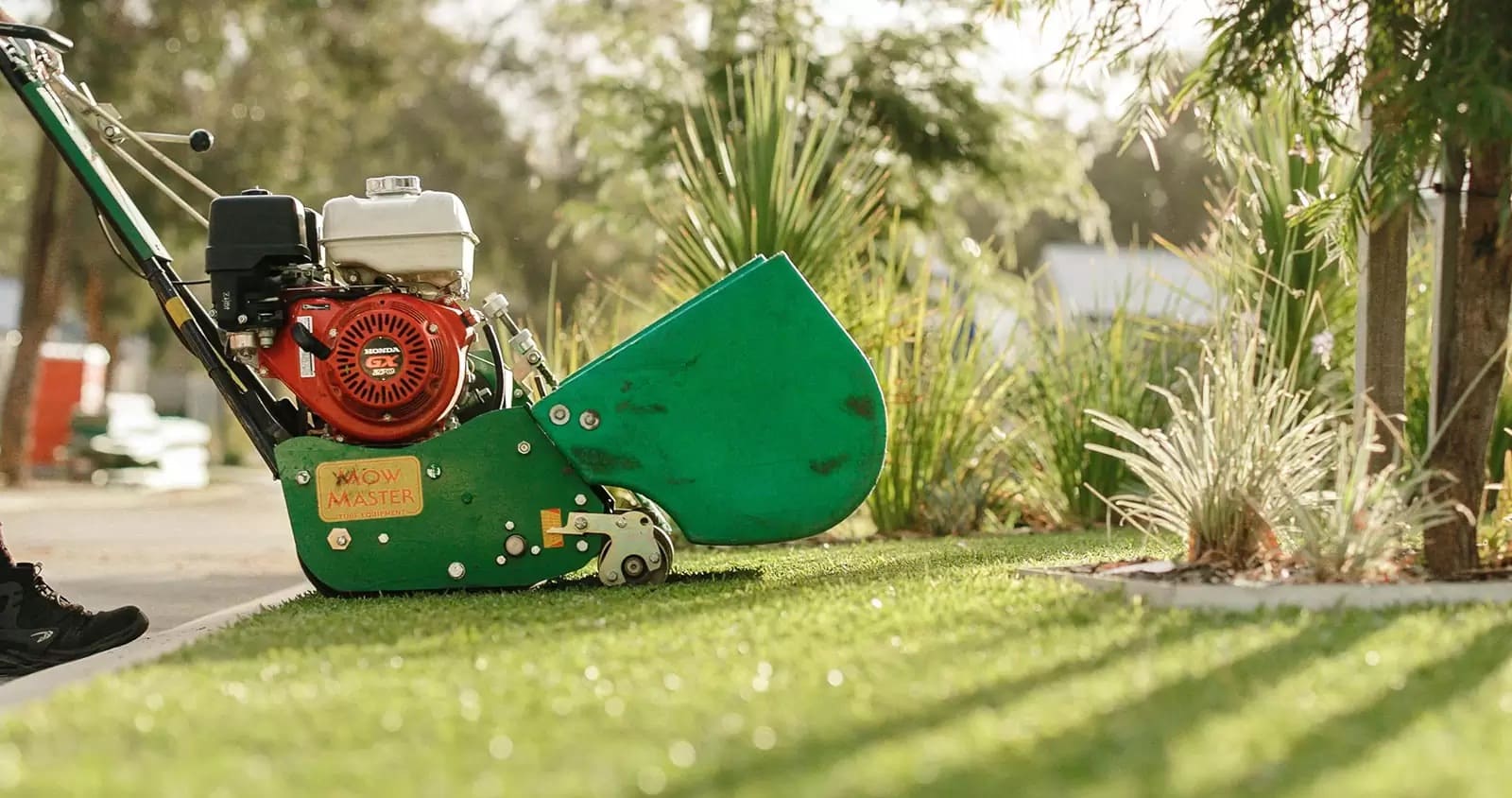
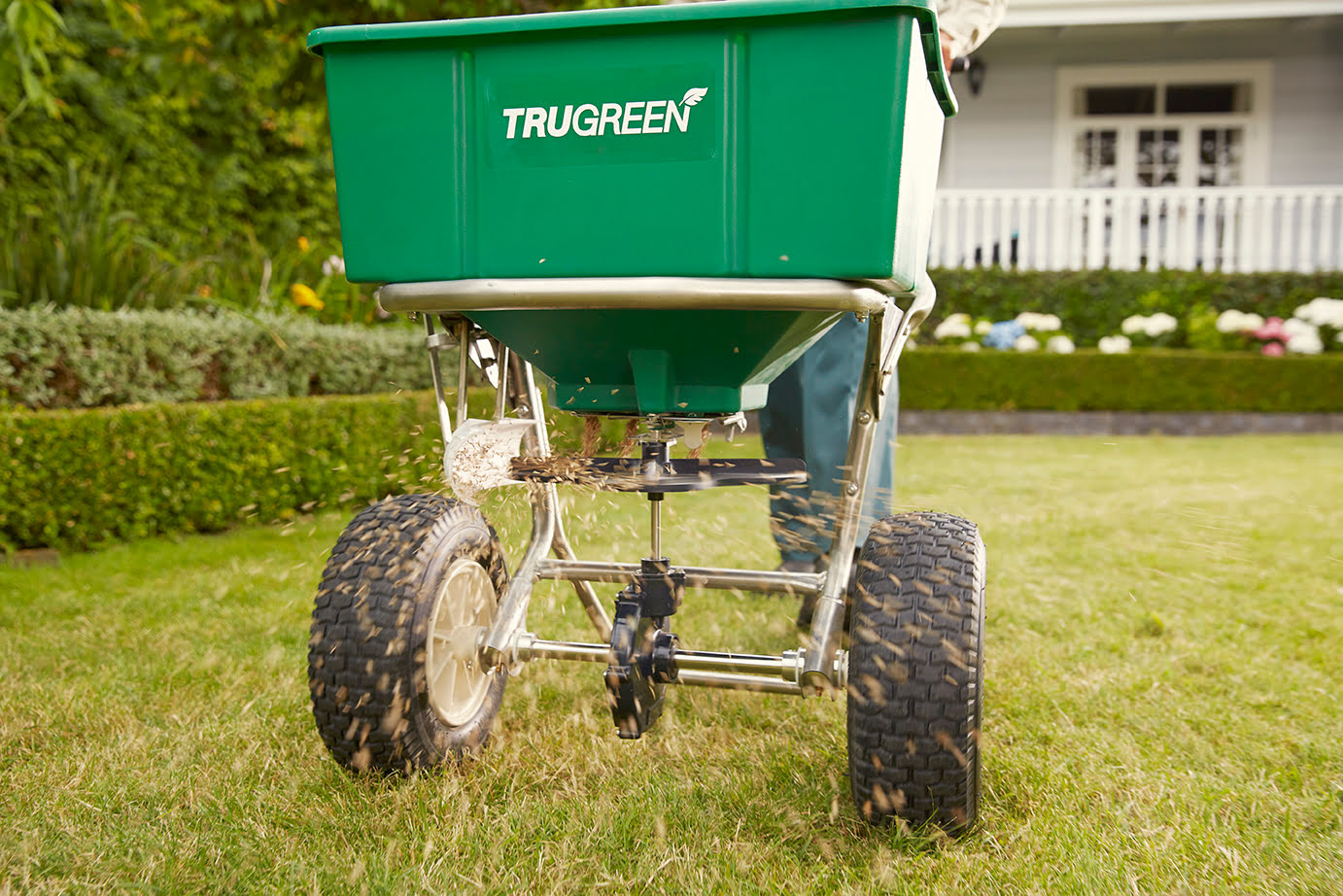

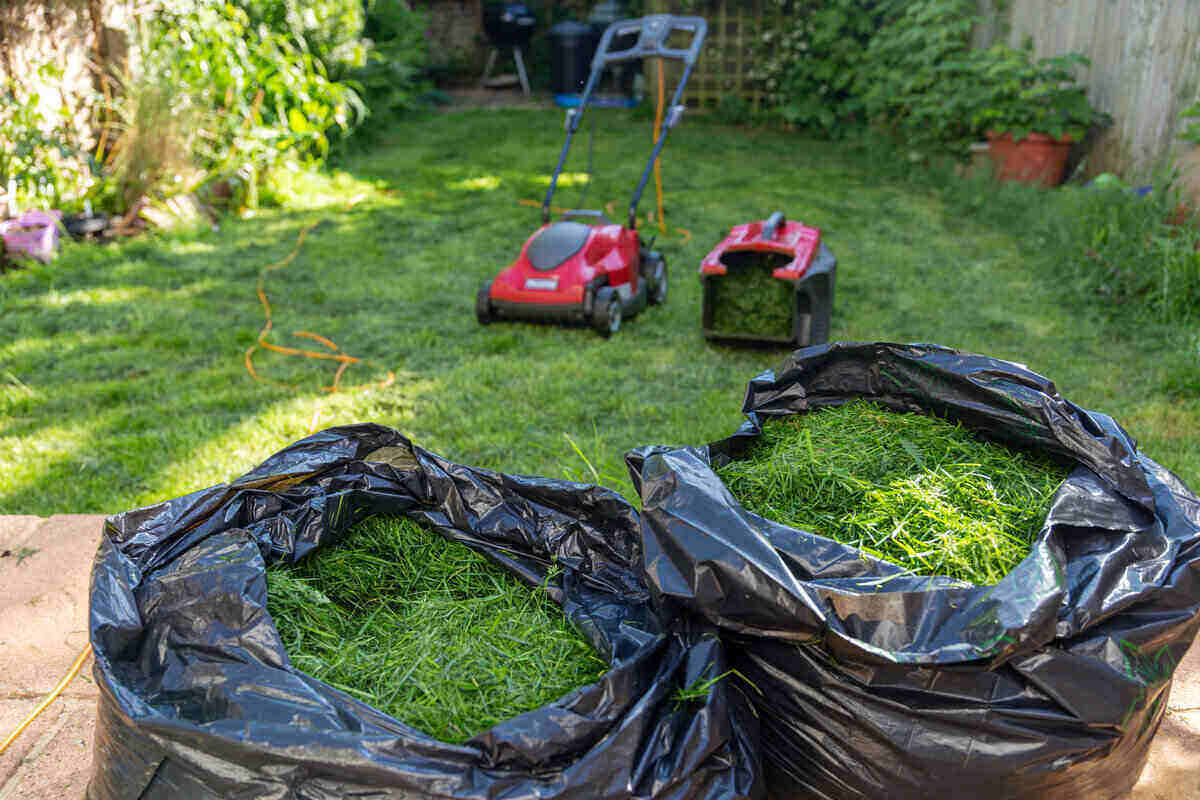

0 thoughts on “What Does A Lawn Care Specialist Do”